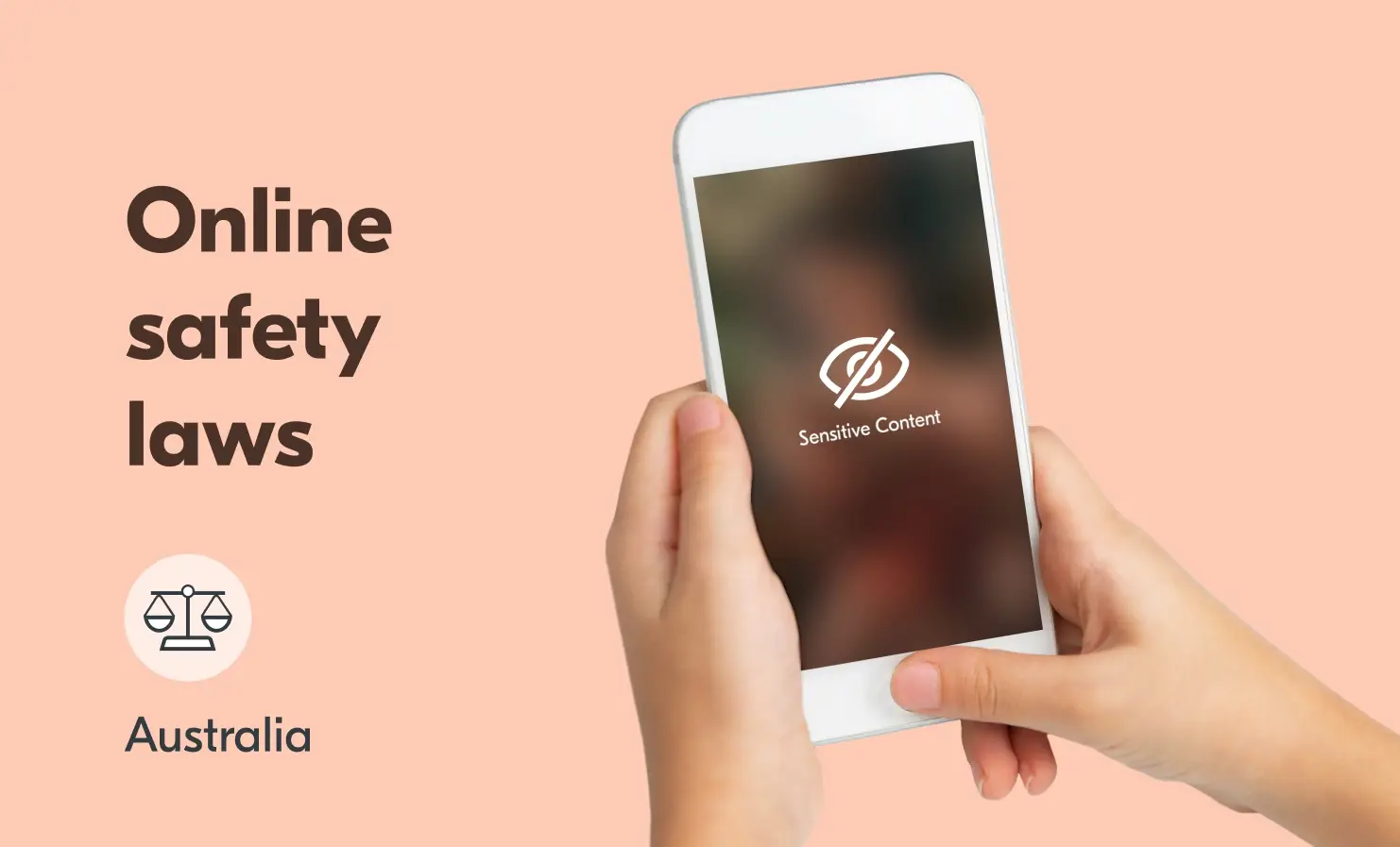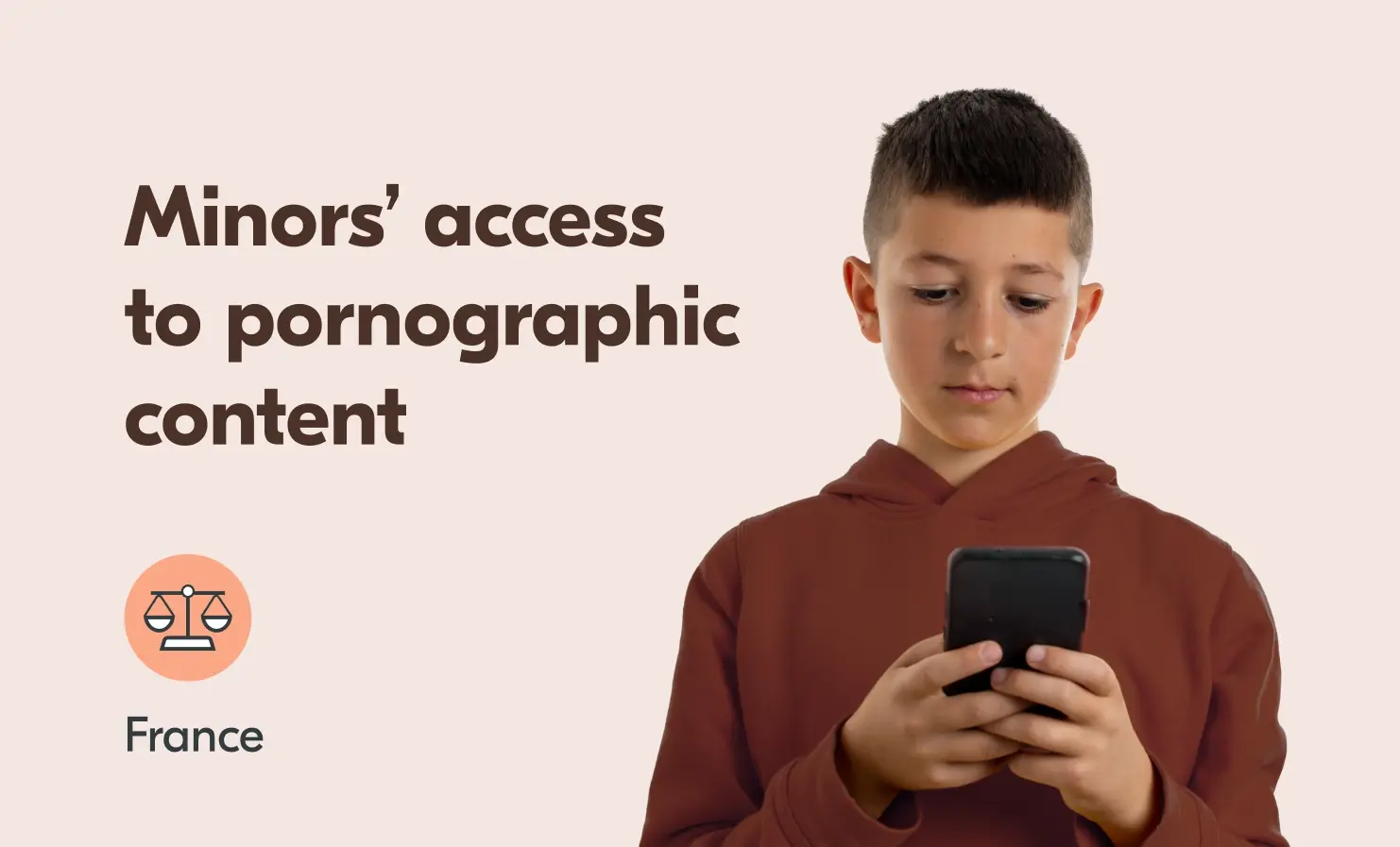Regulation
Age assurance for online knife sales
At the end of January, the UK Government announced they will introduce stricter age checks for online knife sales. Buyers will need to submit a copy of their photo ID, such as a driving licence, as well as proof of address, such as a utility bill. The same person who bought the knife will have to show ID again on delivery, and no knife packages can be left on the doorstep. These measures are part of the upcoming Crime and Policing Bill, expected to be introduced in Parliament this Spring. While knife crime is a key focus of the
Understanding age assurance in the UK’s Tobacco and Vapes Bill
In a significant move towards tightening regulations on tobacco and vaping products, the UK has introduced the Tobacco and Vapes Bill. Originally introduced by the previous Conservative government, the Bill has now been reintroduced by the new Labour government, signalling bipartisan support. The Bill aims to create a “smoke-free generation” by gradually raising the age of sale for tobacco and vaping products every year until they are completely phased out across the UK. What is the main aim of the Tobacco and Vapes Bill? The Tobacco and Vapes Bill seeks to tighten the regulatory framework around tobacco and
Age verification on adult websites: the facts
Key facts about age verification on adult websites: In the UK, adult websites have to comply with the Online Safety Act Ofcom is the regulator for online safety in the UK Other countries have introduced or are introducing age verification for adult content There are a number of different age verification methods available Age verification methods operate with the strictest privacy standards Some methods don’t require you to use an identity document As the internet continues to evolve, concerns about online safety, privacy, and ensuring age-appropriate content have become more important. A widely discussed issue in recent
Yoti responds to Ofcom’s final guidance on highly effective age assurance for Part 5 pornography providers
Ofcom has published the final guidance on highly effective age assurance for (Part 5) providers of pornography, under the Online Safety Act. There are a lot of good principles and effective guidance to ensure children are protected online and there is a clear deadline of July 2025 for all sites (be that pornography sites or social media platforms which allow pornography) to have age verification in place to prevent children from accessing adult content. We are pleased to see that Ofcom has listed several popular age assurance methods, such as facial age estimation, Digital ID wallets, and document verification,
Navigating Australia’s online safety laws
As the digital landscape continues to evolve, regulators are prioritising online safety. Countries around the world are introducing new legislation that aims to protect people online and create safer, age-appropriate experiences. What’s the current state of online safety legislation in Australia? As the internet has become a central part of daily life, Australia’s approach to online safety has evolved over time. Online safety laws were initially more reactive, focused on specific issues such as cyberbullying and child exploitation. However, over the past decade, legislation has become more comprehensive. New laws aim to prevent harm and promote a safer
French regulator Arcom introduces age checks for online adult content
In October 2024, Arcom, the French regulator responsible for online porn, announced that adult operators and platforms with pornographic content need to introduce age checks, ensuring only adults can access the content. These rules are effective from 11th January 2025. There will be a three month transitional period, where temporary methods like bank card verification can be used as a preliminary age filter, but they must include strong authentication to ensure that the user is the cardholder. After the transitional period ends on 11 April 2025, adult site operators will need to have taken the following steps: Age checks






